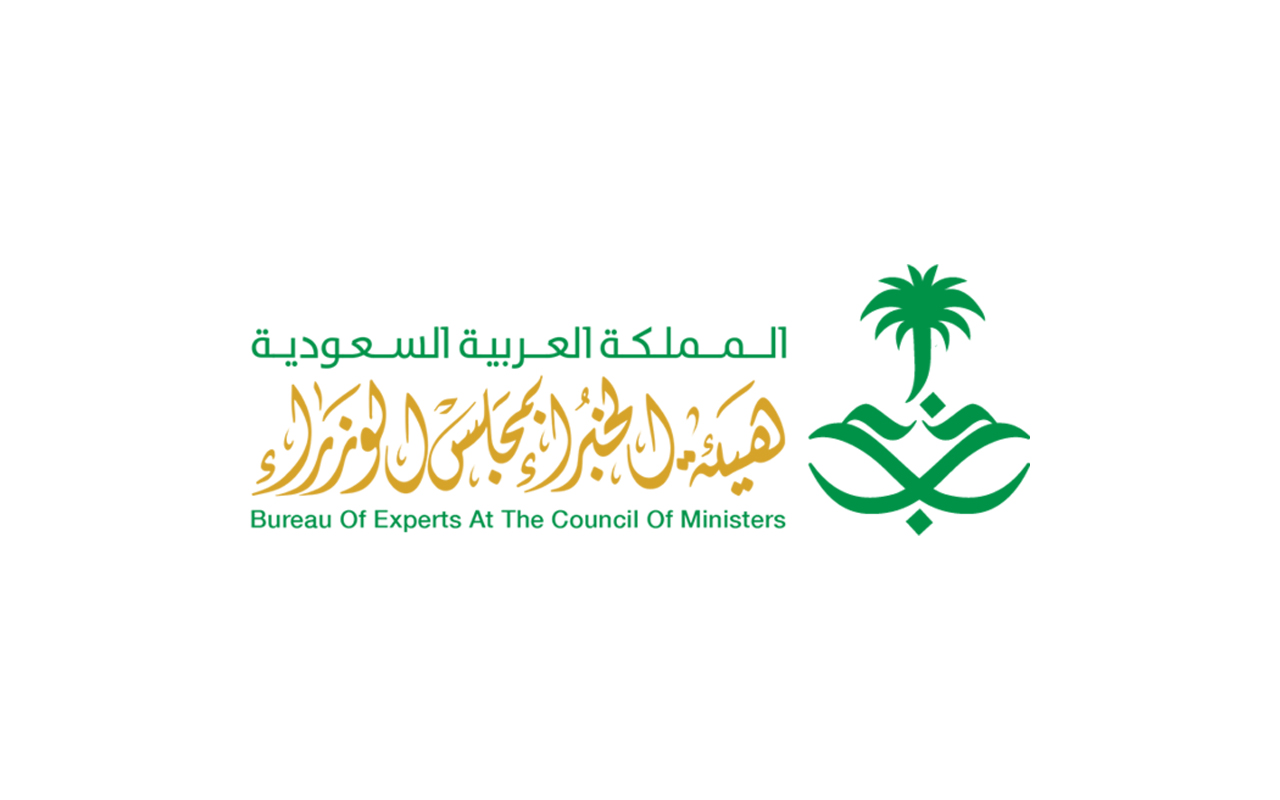Environmental Law in Saudi Arabia
The Environmental Law in the Kingdom of Saudi Arabia is focused on the conservation, protection, and development of the environment. Environmental protection is a fundamental provision enshrined in one of the articles of the governance system in the Kingdom. The primary entity responsible for enforcing this law is the Ministry of Environment, Water, and Agriculture. The approval for the law was issued on July 10, 2020, making it a comprehensive and integrated system that repeals the previous environmental protection laws in the Kingdom.
Environmental Law action plan
The Environmental Law serves as an umbrella encompassing all regulations related to the environment, its development, and updates, ensuring the preservation of environmental components, contributing to their sustainability and improvement, and creating a balance between the requirements of economic development and environmental sustainability. The approval of the Environmental Law stems from the Kingdom's interest in developing laws and regulations in line with Saudi Vision 2030.
The Environmental Law is part of a broader developmental framework in the Kingdom aimed at environmental preservation. This includes the approval of the National Environment Strategy, the establishment of an Environment Week, and the founding of five environmental centers: the National Center for Meteorology, the National Center for Vegetation Cover Development and Combating Desertification, the National Center for Environmental Compliance, the National Center for Wildlife, and the National Center for Waste Management. Additionally, an Environmental Fund has been established to enhance financial sustainability in the sector.
Objectives of the Environmental Law
The Environmental Law enables the Kingdom to achieve its environmental vision and ensure sustainable development across all sectors without harming the environment. It also addresses the need to update environmental legislation in the Kingdom and highlights the importance of establishing regulatory frameworks for the environmental sector. The law aims to find solutions to the challenges faced by the sector, manage ecosystems and natural resources, ensure their sustainability, and reduce pollution factors. This approach aligns with developmental and social changes, contributing to positioning the Kingdom among the leading countries in environmental preservation, and natural resource sustainability, and providing the necessary legal framework to achieve this.
Components of the Environmental Law
The Environmental Law consists of forty-nine articles and aims to protect, develop, and sustain the environment while adhering to environmental principles. It regulates the environmental sector, activities, and related services, and prohibits any environmental practices or activities with environmental impact unless a permit or license is obtained. The law also bans actions that pollute environmental media and water resources, or harm or negatively affect their use. Additionally, it prohibits the exploitation, transportation, storage, sale, or promotion of natural resources and their products within the Kingdom. The law imposes penalties on those who violate its provisions, which may include fines of up to SAR20 million, suspension of licenses or permits for up to six months, or their cancellation.
Sources
Bureau of Experts at the Council of Ministers.
